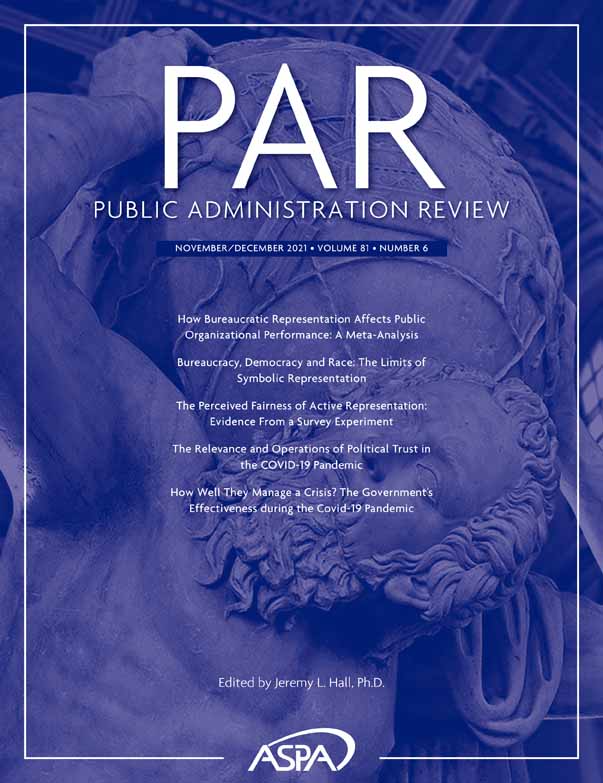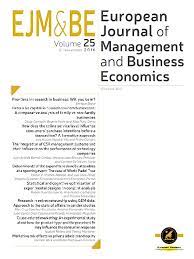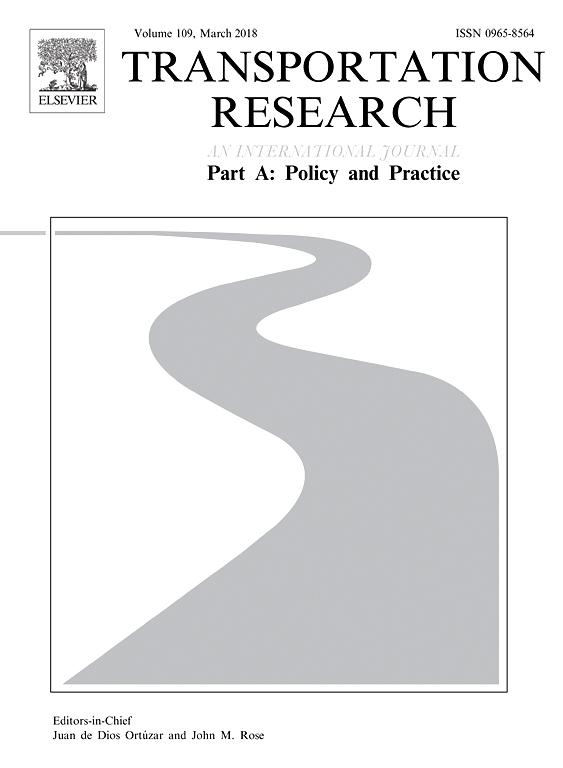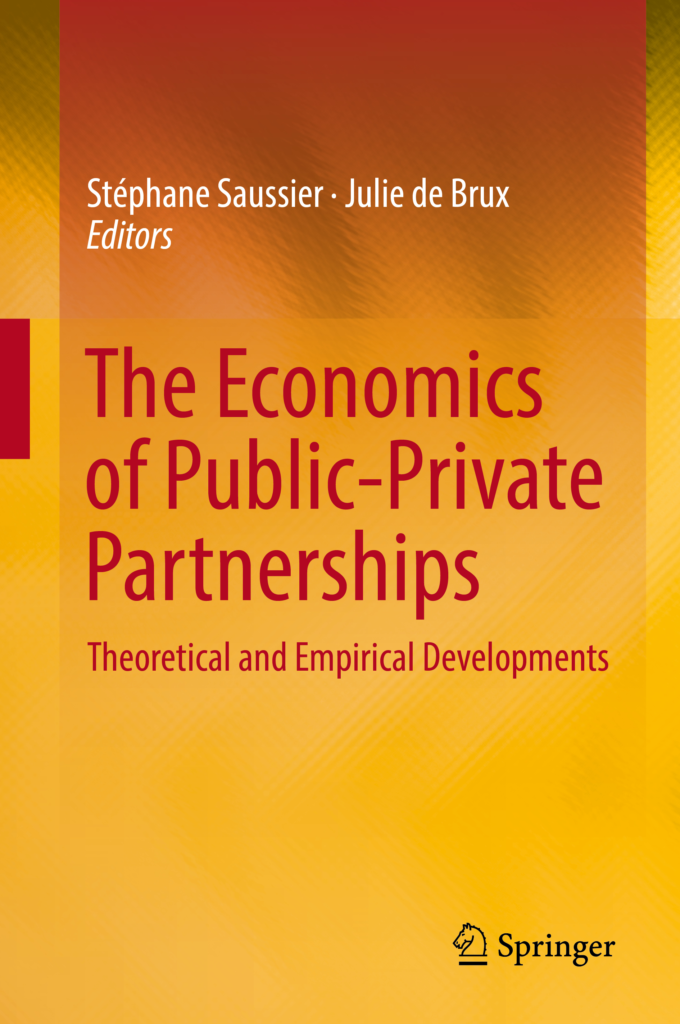Posts de Stéphane Saussier
Culture and the Quality of Government
Public Administration Review, 81(2), pp. 333-343, 2021., Porcher, S. Abstract To understand the extent to which a policy instrument’s early adoption is crucial in crisis management, we leverage unique worldwide data that record the daily evolution of policy mandate This article uses a cross-country data set to empirically investigate the relationship between national culture and…
Lire la suiteConcurrent Sourcing in Local Public Services: Theory, Evidence and Avenues for Future Research
Handbook of Public Administration. (dir) Hildreth, B., Miller, G. and E. Lindquist, Routledge, 2021– S. Porcher Abstract This papCigéo vise à stocker en couche géologique profonde les déchets radioactifs les plus What is the best governance mode (i.e., hierarchy or the market) to provide public services? The choices of governance modes have been scrutinized by…
Lire la suiteCSR Communication and Firms’ Ability to Win Public Procurement Contracts
European Journal of Management and Business Economics 2021, Forthcoming — O. Kaddouri et S. Saussier Abstract This paper examines the link between the corporate social responsibility (CSR) communication efforts of companies and their ability to obtain public procurement contracts by focusing on the study of the Business-to-Government (B-to-G) market. By exploiting a database with the…
Lire la suite« Confucities »: Political Contestability and Strategic Confusion in Public Policies
Authors : Jean Beuve, Zoé Le Squeren Read the full article here
Lire la suiteWhen Utility Aggregations Fail to Deliver Cost Savings
March 2020 In: Network Industries Quarterly — Michael Klien. Abstract: There is growing evidence that utility aggregations do not necessarily lead to cost savings. In this paper I use a global database of utilities to document how aggregations change utilities with respect to network density and cost structure. I argue that aggregations typically do not…
Lire la suiteResponse2covid19, a dataset of governments’ responses to COVID-19 all around the world
Scientific Data (Nature), 423 (2020)., Porcher, S. Abstract Following the COVID-19 outbreak, governments all around the world have implemented public health and economic measures to contain the spread of the virus and to support the economy. Public health measures include domestic lockdown, school closures and bans on mass gatherings among others. Economic measures cover wage…
Lire la suiteAre public private partnerships that rigid? And why? Evidence from price provisions in French toll road concession contracts
Mai 2018 Laure Athias et Stéphane Saussier – Transportation Research Part A Abstract : Transport concession contracts are commonly said to be standardized and too rigid. They would not allow public authorities to adapt them to evolving context and circumstances. This paper aims at challenging this view and, more particularly, the view that contractual rigidity for transport concessions is exogenous. Using a…
Lire la suiteProductivity change and its drivers for the Chilean water companies: A comparison of full private and concessionary companies
Mai 2018 María Molinos-Senante, Simon Porcher, et Alexandros Maziotis – Journal of Cleaner Production Abstract: The privatization of the water industry has aroused interest in comparing the performance of public vs. private water companies. However, little research has been conducted to compare the performances of full private (FPWCs) and concessionary water companies (CWCs).
Lire la suiteChristopher Pollitt, Advanced Introduction to Public Management and Administration, Reviewed by Simon Porcher
Février 2018 Simon Porcher – Public Administration Review Review of Christopher Pollitt’s book, Advanced Introduction to Public Management and Administration (Cheltenham: Edward Elgar Publishing, 2016)
Lire la suiteThe Economics of Public-Private Partnerships: Theoretical and Empirical Developments
Janvier 2018 Julie de Brux and Stéphane Saussier (Eds.), Springer Abstract: This book investigates the economic decisions behind the implementation of public-private partnerships (PPPs). The first part of the book discusses different forms of public procurement contracts, in particular in France and the UK, and provides an economic analysis of the potential advantages and pitfalls of public-private…
Lire la suite









